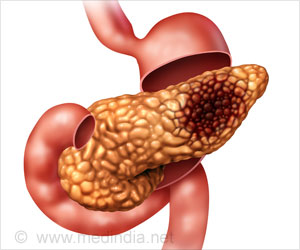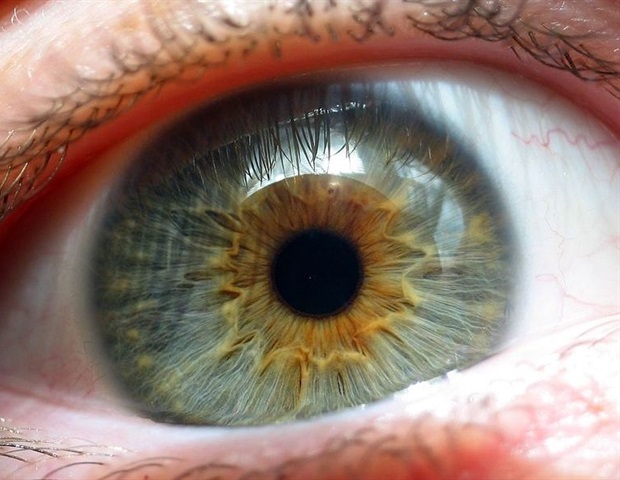Pancreatic incidentalomas can be detected in their early stage using a less invasive method to provide proper prognosis and treatment for patients.
Vous n'êtes pas connecté
- English
- Français
- عربي
- Español
- Deutsch
- Português
- русский язык
- Català
- Italiano
- Nederlands, Vlaams
- Norsk
- فارسی
- বাংলা
- اردو
- Azərbaycan dili
- Bahasa Indonesia
- Հայերեն
- Ελληνικά
- Bosanski jezik
- українська мова
- Íslenska
- Türkmen, Түркмен
- Türkçe
- Shqip
- Eesti keel
- magyar
- Қазақ тілі
- Kalaallisut ; kalaallit oqaasii
- Lietuvių kalba
- Latviešu valoda
- македонски јазик
- Монгол
- Bahasa Melayu ; بهاس ملايو
- ဗမာစာ
- Slovenščina
- тоҷикӣ ; toğikī ; تاجیکی
- ไทย
- O'zbek ; Ўзбек ; أۇزبېك
- Tiếng Việt
- ភាសាខ្មែរ
- རྫོང་ཁ
- Soomaaliga ; af Soomaali
 Maroc - KNOWRIDGE.COM - A La Une - 02/Jul 10:07
Maroc - KNOWRIDGE.COM - A La Une - 02/Jul 10:07
Why some people don’t get COVID-19
Researchers at Massachusetts General Hospital have uncovered a promising new approach to stroke therapy using non-invasive laser light treatment. Published in the journal Stroke, this innovative research offers hope for stroke patients who have limited therapeutic options. The current treatments for stroke, which include intravenous thrombolysis and endovascular thrombectomy, involve using medications to dissolve clots and […]
Articles similaires
Scientists create cancer patients’ ‘digital twins’ to predict how well treatments may work
Researchers have shown that they can accurately re-create clinical trials of new treatments using ‘digital twins’ of real cancer patients. The...
Johns Hopkins study offers new hope for wet AMD patients
A new study from researchers at Wilmer Eye Institute, Johns Hopkins Medicine explains not only why some patients with wet age-related macular...
Re-engineered, blue light-activated immune cells penetrate and kill solid tumours
Immunotherapies that mobilise a patient’s immune system to fight cancer have become a treatment pillar. These therapies, including CAR T-cell...
Researchers unravel how a breast cancer gene affects fertility
University of Oregon biologists have uncovered a mechanism by which a well-known breast cancer gene also influences fertility. Mutations in the BRCA1...
New Option For Treating Prostate Cancer
Prostate cancer is the second most common cancer in men worldwide. Despite medical advances in recent years, this type of tumour is still...
New Risk Score Predicts Heart Attack Risk in Kidney Transplant Patients
Researchers have developed an innovative risk score known as Intermountain Risk Score (IMRS) that accurately predicts the likelihood of major...
Two studies reflect growing confidence in novel therapy for non-melanoma skin cancer
Non-melanoma skin cancer (NMSC) is the most common type of cancer. NMSC treatment can be painful and cause scarring. Rhenium-SCT® is a non-invasive...
Treatments used for HER2-positive breast cancers could help patients with rare bile duct cancer
Drugs designed to target HER2-positive breast cancer could also benefit some patients with bile duct cancer, according to results of a patient trial...
All About This New NHS Therapy That Could Cure Lupus, MS
Agroundbreaking” drug is currently being trialed in the first British patients to treat autoimmune conditions like lupus and multiple sclerosis....
Les derniers communiqués
-
Aucun élément







